In this digital age, where cybersecurity threats loom large, the concept of ethical hacking has emerged as a critical safeguard. also known as penetration testing or white hat hacking, involves the authorized attempt to exploit system vulnerabilities to identify and rectify potential security weaknesses. This article will delve into the intricacies of its importance, its methodologies, and the role it plays in ensuring the safety of individuals, organizations, and society at large.
Understanding Ethical Hacking

Ethical hacking is the process of identifying vulnerabilities in computer systems, networks, or applications through controlled hacking techniques. It involves using the same tools, methodologies, and mindset as malicious hackers, but to secure systems rather than cause harm. Ethical hackers, often referred to as white hat hackers work within the legal boundaries defined by organizations to test and improve their security posture.
The Importance of Ethical Hacking

With the ever-increasing reliance on technology, the need for robust cybersecurity measures has become paramount. Ethical hacking plays a crucial role in safeguarding sensitive data, preventing unauthorized access, and identifying potential vulnerabilities before malicious actors can exploit them. By proactively assessing security systems, organizations can mitigate risks, protect their assets, and maintain the trust of their customers.
Ethical Hacking Methodologies
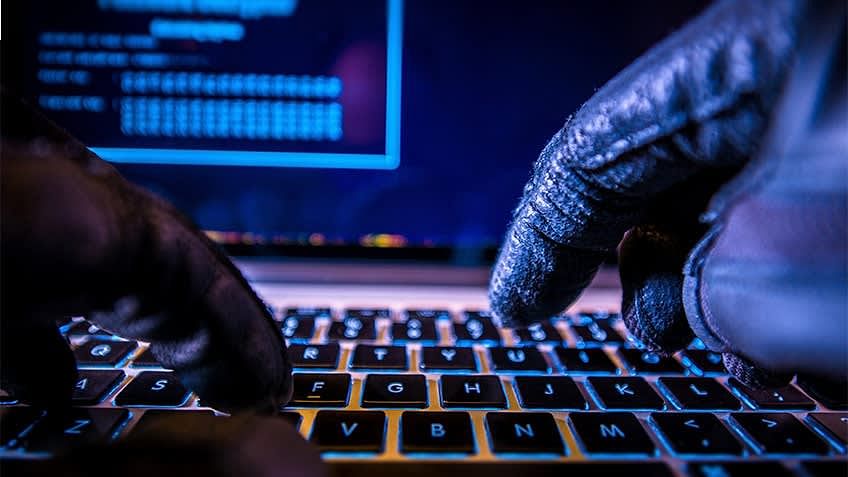
Follows a systematic approach to identify vulnerabilities and strengthen security. The methodologies typically include reconnaissance, scanning, gaining access, maintaining access, and covering tracks. During the reconnaissance phase, ethical hackers gather information about the target system, such as IP addresses, network topology, and employee details. Scanning involves actively seeking vulnerabilities using various tools and techniques. Gaining access refers to exploiting vulnerabilities to gain entry into the system, followed by maintaining access to perform a thorough security assessment. Finally, cover their tracks to ensure their presence remains undetected.
Tools and Techniques in Ethical Hacking

Ethical hackers utilize an array of tools and techniques to effectively carry out their assessments. These tools include network scanners, vulnerability scanners, password crackers, packet analyzers, and social engineering frameworks. Each tool serves a specific purpose and aids in identifying potential vulnerabilities, misconfigurations, or weak security practices.
Legal and Ethical Considerations

Operates within a legal and ethical framework. Organizations seeking ethical hacking services must obtain proper consent and define the scope of the assessment. Ethical hackers adhere to strict guidelines to ensure they don’t cause any harm, violate privacy, or disrupt critical systems. It is imperative that abide by relevant laws and regulations governing cybersecurity to maintain integrity and professionalism.
Ethical Hacking Certifications

To validate their skills and knowledge, ethical hackers pursue certifications such as Certified (CEH), Offensive Security Certified Professional (OSCP), and Certified Information Systems Security Professional (CISSP). These certifications demonstrate a comprehensive understanding of principles, techniques, and best practices.
Real-World Examples of Ethical Hacking Success
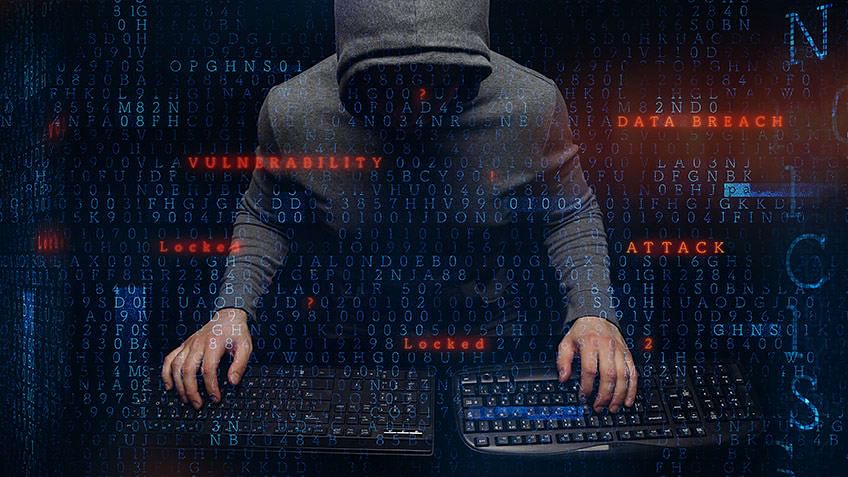
Ethical hacking has played a pivotal role in exposing vulnerabilities and preventing potential cyberattacks. High-profile cases, such as the uncovering of critical vulnerabilities in major operating systems, web applications, and IoT devices, highlight the significance of ensuring robust cybersecurity defenses. These discoveries enable organizations to patch vulnerabilities and protect their systems from malicious exploitation.
versus Malicious Hacking
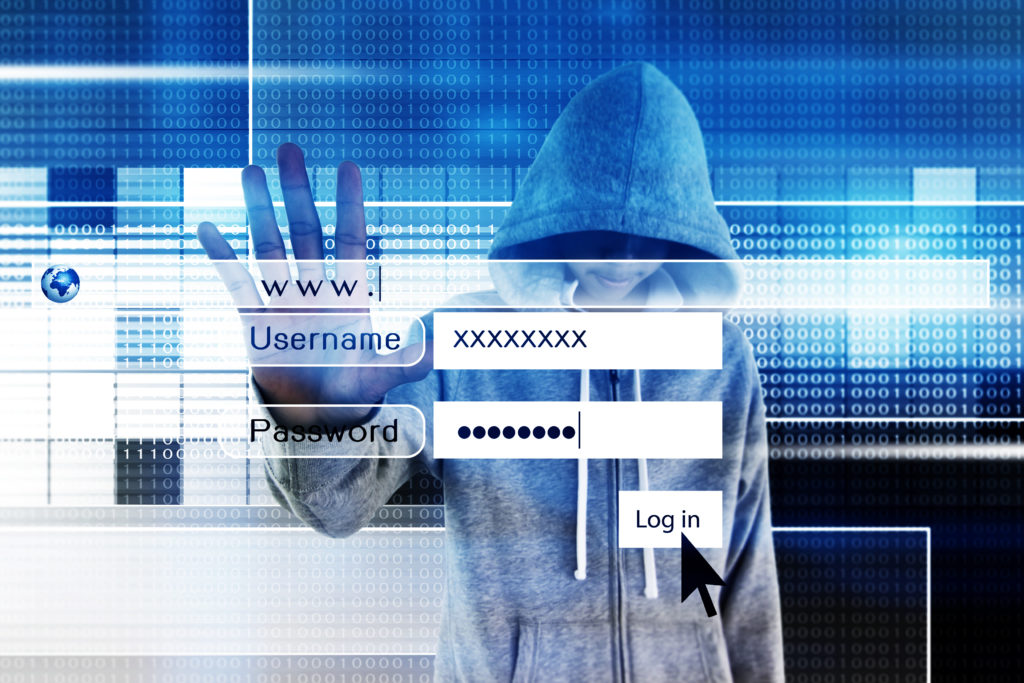
Ethical hacking stands in stark contrast to malicious hacking, which involves unauthorized and malicious activities aimed at causing harm, stealing data, or disrupting systems. While using their skills to identify vulnerabilities and improve security, malicious hackers exploit vulnerabilities for personal gain or to compromise systems for nefarious purposes.
Ethical Hacking as a Career

The demand for skilled ethical hackers is rapidly increasing in both the public and private sectors. Ethical hacking offers a dynamic and rewarding career path, allowing professionals to work in challenging environments, uncover security weaknesses, and contribute to the overall cybersecurity ecosystem. With continuous learning and certifications, ethical hackers can stay ahead of emerging threats and play a crucial role in securing the digital landscape.
The Future of Ethical Hacking

As technology evolves, so do the techniques and tools employed by hackers. The future of ethical hacking lies in the ability to adapt to emerging technologies such as artificial intelligence (AI), blockchain, and the Internet of Things (IoT). will continue to be at the forefront of innovation, ensuring that security measures keep pace with advancements in technology.
Challenges and Limitations

Ethical hacking faces several challenges and limitations, including legal constraints, rapidly evolving attack vectors, and the need for continuous education and skill enhancement. Additionally, as organizations adopt complex infrastructures and hybrid cloud environments, the scope and scale of assessments become increasingly intricate, requiring diverse skill sets and expertise.
The Role of Ethical Hacking in Cybersecurity
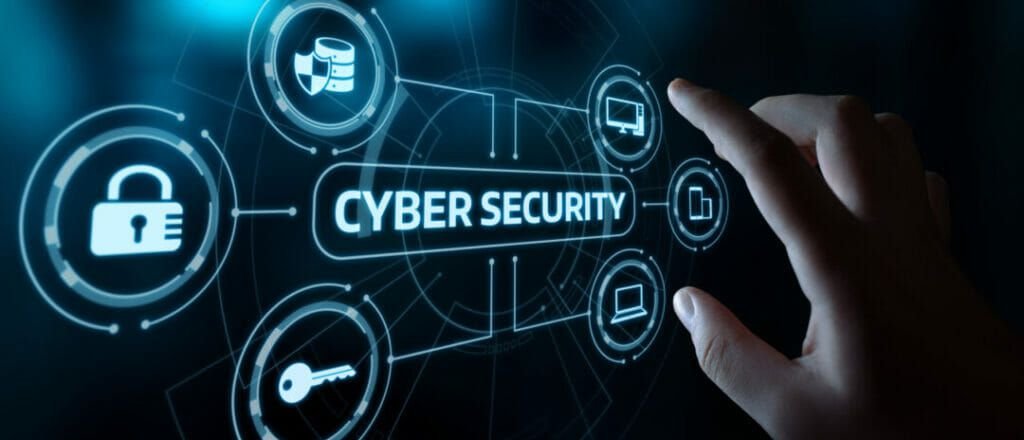
Ethical hacking forms an integral part of a comprehensive cybersecurity strategy. By identifying vulnerabilities and weaknesses, organizations can implement robust security controls, improve incident response capabilities, and safeguard critical assets. Serves as an ongoing process, ensuring that security measures are regularly tested and updated to counter emerging threats.
The Collaborative Nature
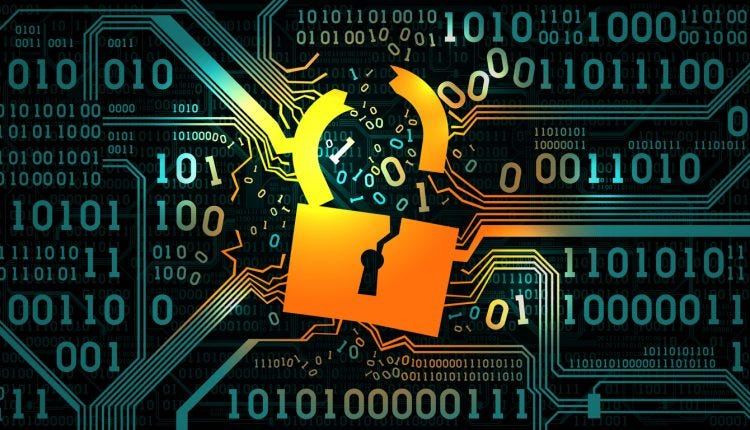
hacking embraces a collaborative approach, involving security researchers, bug bounty programs, and coordinated vulnerability disclosure initiatives. By working together and organizations can bridge the gap between discovery and remediation, fostering a secure environment for all stakeholders involved.
Different Industries

Relevant across various industries, including finance, healthcare, e-commerce, government, and telecommunications. Each industry faces unique cybersecurity challenges, and hacking provides tailored solutions to address those challenges. From securing financial transactions to protecting sensitive patient data, ethical hackers play a vital role in fortifying digital ecosystems.
Summary
Ethical hacking has emerged as an essential component of the cybersecurity landscape. By harnessing the skills and knowledge organizations can proactively identify vulnerabilities, safeguard sensitive information, and protect against malicious cyber threats. not only mitigates risks but also helps in building resilient security frameworks that adapt to evolving technologies. Embracing practices paves the way for a safer digital future.
FAQs
Is ethical hacking legal?
Yes, ethical hacking is legal when conducted with proper authorization and within defined boundaries.
How long does it take to become an ethical hacker?
The time required to become a varies based on individual aptitude, prior knowledge, and the level of expertise one aims to achieve. It typically requires several years of dedicated learning and practical experience.
